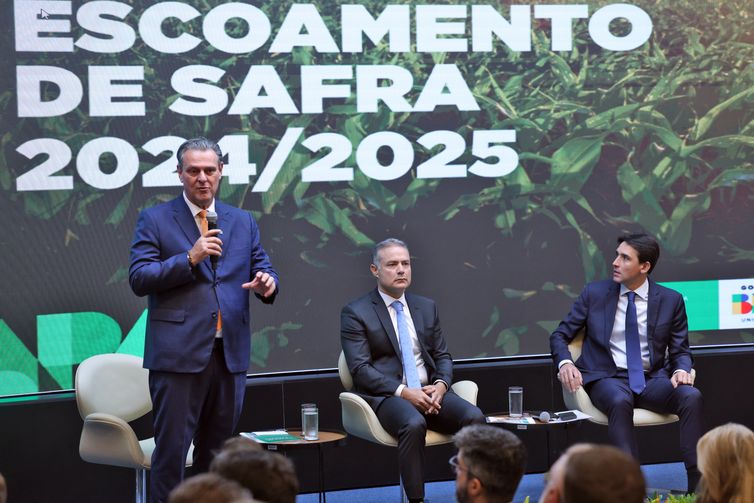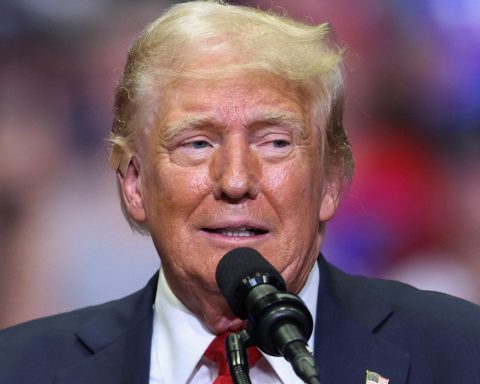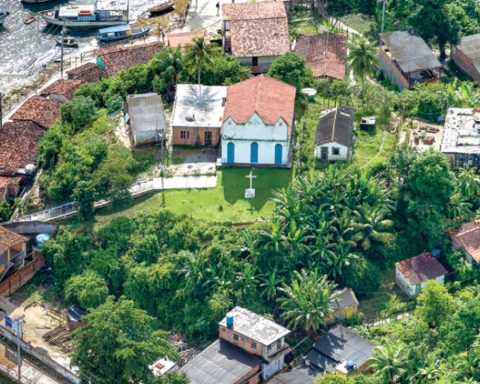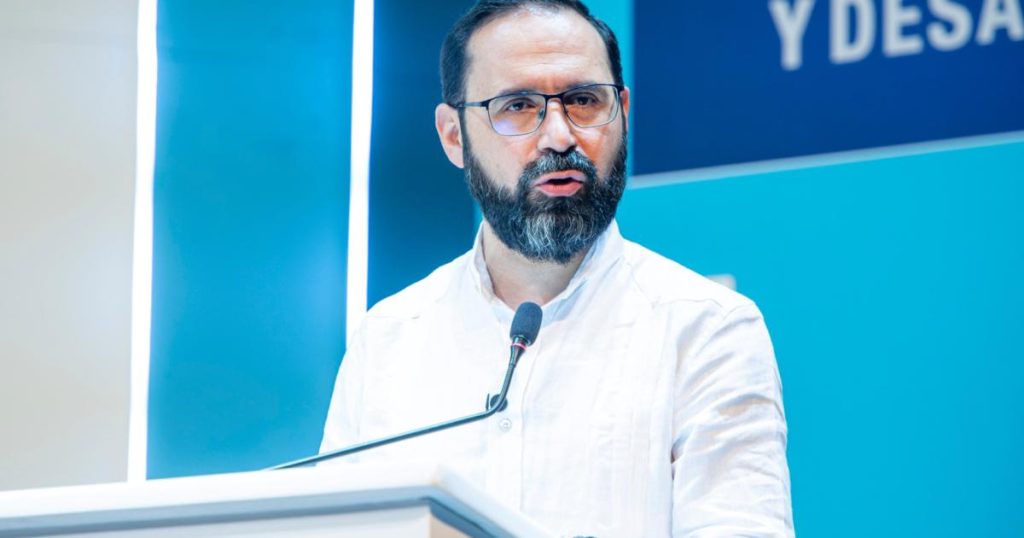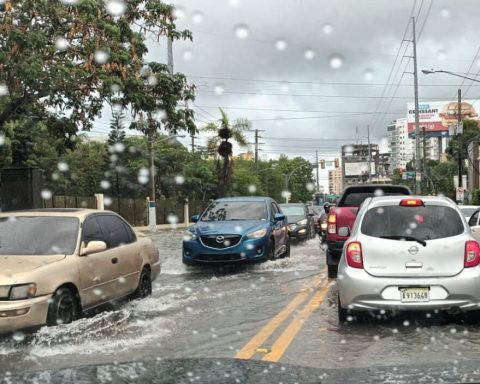The federal government plans to hold nine auctions for the granting of highways for private initiative and a railway auction this year. The initiative should result in investments of R $ 91.4 billion in stretches totaling 5.5 thousand kilometers of road from north to south of the country and R $ 99.7 billion in 1,708 kilometers of the Midwest Integration Railway (I am ) and the west-east integration railway (fiol).

In the port area, concessions and leases are expected to make R $ 20 billion in investments in 50 projects such as commercial navigation and maritime and waterway terminals in all major regions.
This infrastructure meets the demand for the flow of agricultural production. Only for the production of grain of the 2024/2025 crop, the estimate of the National Supply Company (CONAB) is that there is a record and that 322.47 million tons are required. If the production of sugarcane, cellulose, fruits and meat is considered, the volume to be transported exceeds 1.250 billion tons.
The numbers were presented today (5) in Brasilia in an announcement ceremony for grain crop flow 2024-2025. For the third consecutive year, the event brought together ministers Carlos Henrique Fávaro (agriculture and livestock), Renan Filho (Transportes) and Silvio Costa Filho (ports and airports).
Mutt syndrome
In the evaluation of Minister Carlos Fávaro, investments in the transport sector ensure the flow of increasing rural production and more destinations abroad. “Sometimes we say that our logistics infrastructure is precarious, bad, it’s disabled. This, forgive me, is a mutt dog syndrome. If it weren’t efficient, we were not gaining so much market. ”
Minister Renan Filho agrees with the evaluation: “We support export, because we have infrastructure.”
Minister Silvio Costa Filho added that “Brazilian agro grows and pulls the growth of infrastructure. The reverse is also true. Infrastructure improves and facilitates agro growth. ”
At the ceremony, the ministers pointed out that investments in infrastructure increase the working conditions of people occupied in the logistics sectors, such as truckers.
According to the Ministry of Transport, the road network conservation index has improved even in states of the Legal Amazon, where road circulation is historically pointed as criticism in states such as Amapá, Amazonas, Maranhão, Pará and Rondônia.
In 2024, 83% of the monitored sections in the so -called “north arch” were considered “good”, percentage above that verified in 2022 (52%).
Trucker strike
Despite the investments and results presented by the government, truck leaders (autonomous transportation) promise to meet next Saturday (8) in the port of Santos (SP) to discuss the possibility of strike. In principle, the reason for any stoppage would be the recent increase in the price of diesel.
The government has been trying to dissuade truckers to strike. In press conference Last week, at Planalto Palace, President Luiz Inacio Lula da Silva stressed that he did not authorize the increase. “Who authorizes an increase in oil and derivatives is Petrobras. I learned this for a long time. ”
The stoppage can also have as its backdrop the dissatisfaction of the road transport companies with the decision of the Federal Supreme Court that in 2023 declared unconstitutional 11 points of the Trucker Law (Law 13.103/2015)which affect, for example, the workday, rest breaks and the weekly rest of professional drivers.
The STF’s decision would be retroactive and could have labor impacts. In August last year, business confederations appealed to the Court to modulate the decision making the effects valid from the declaration of unconstitutionalities.
